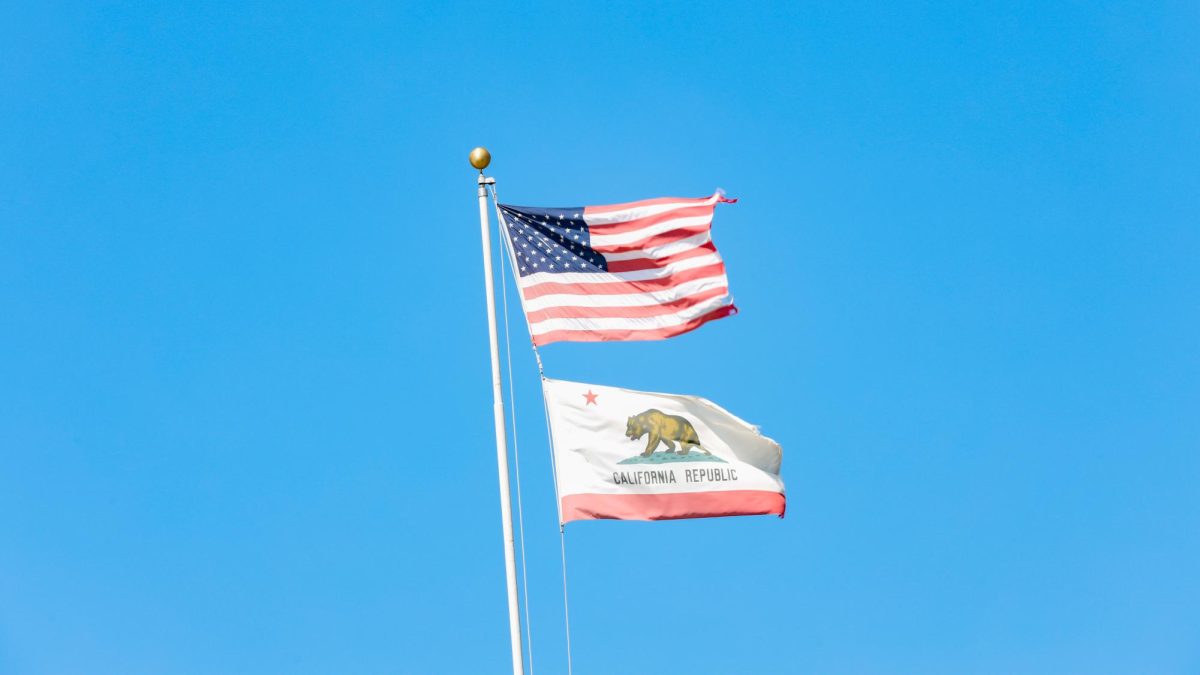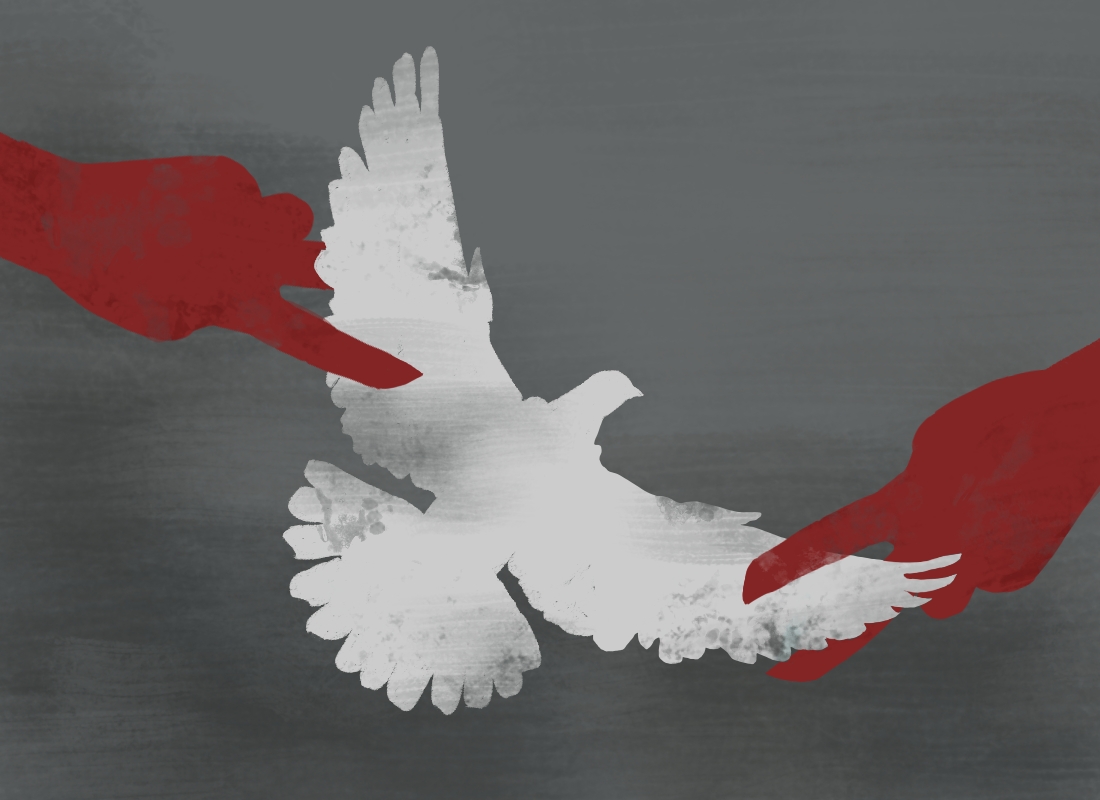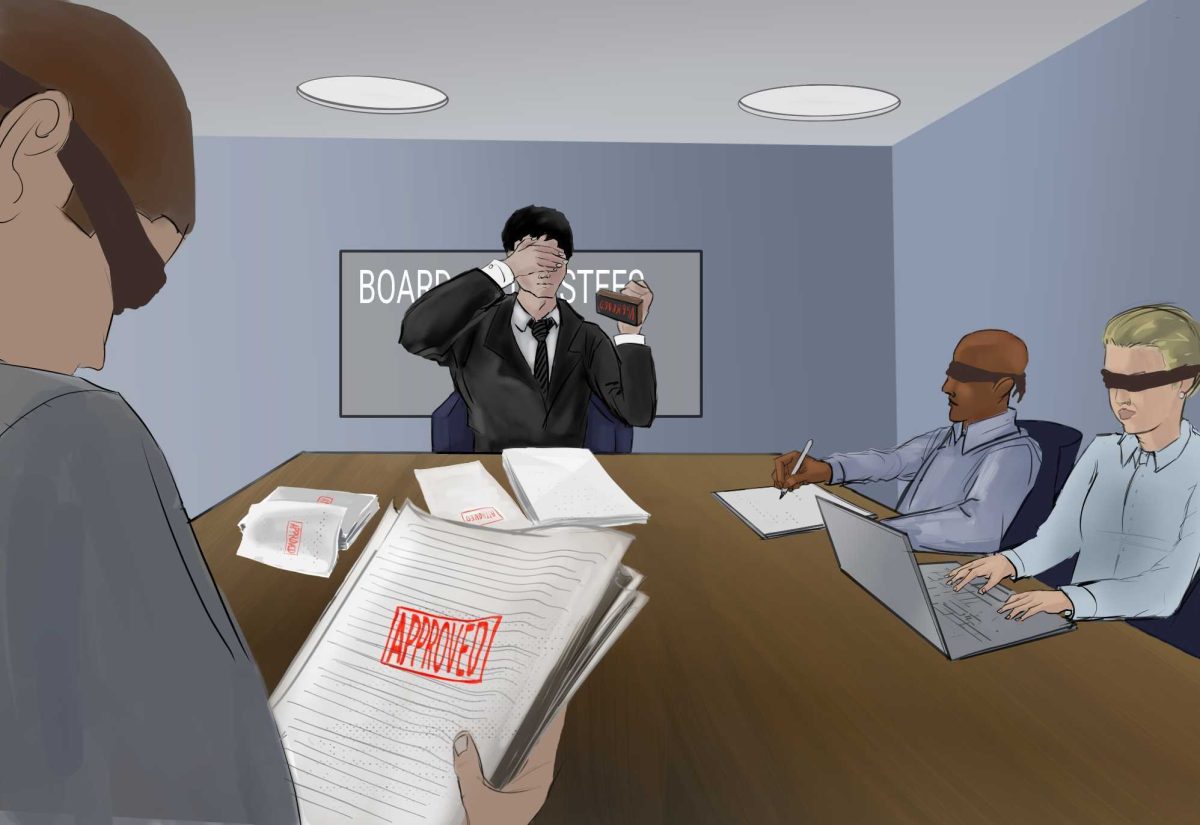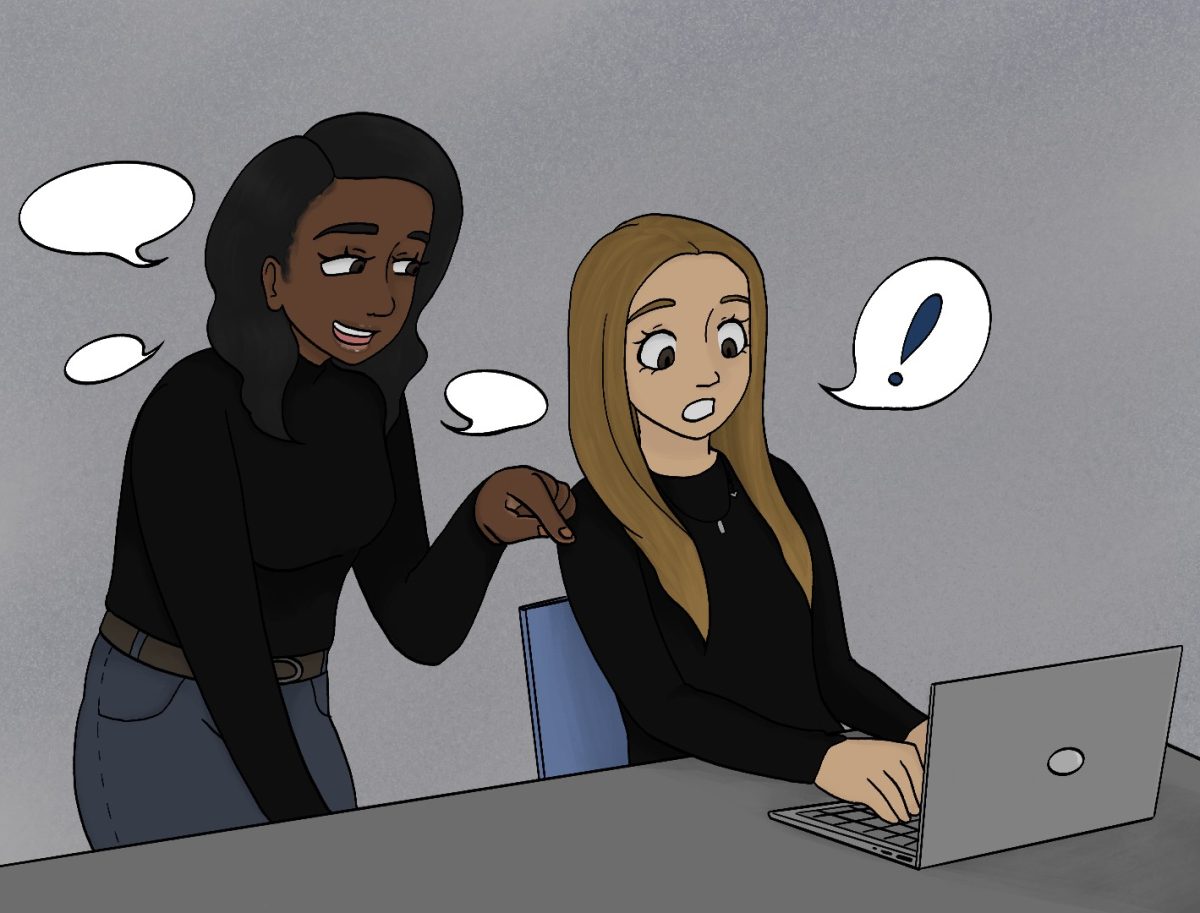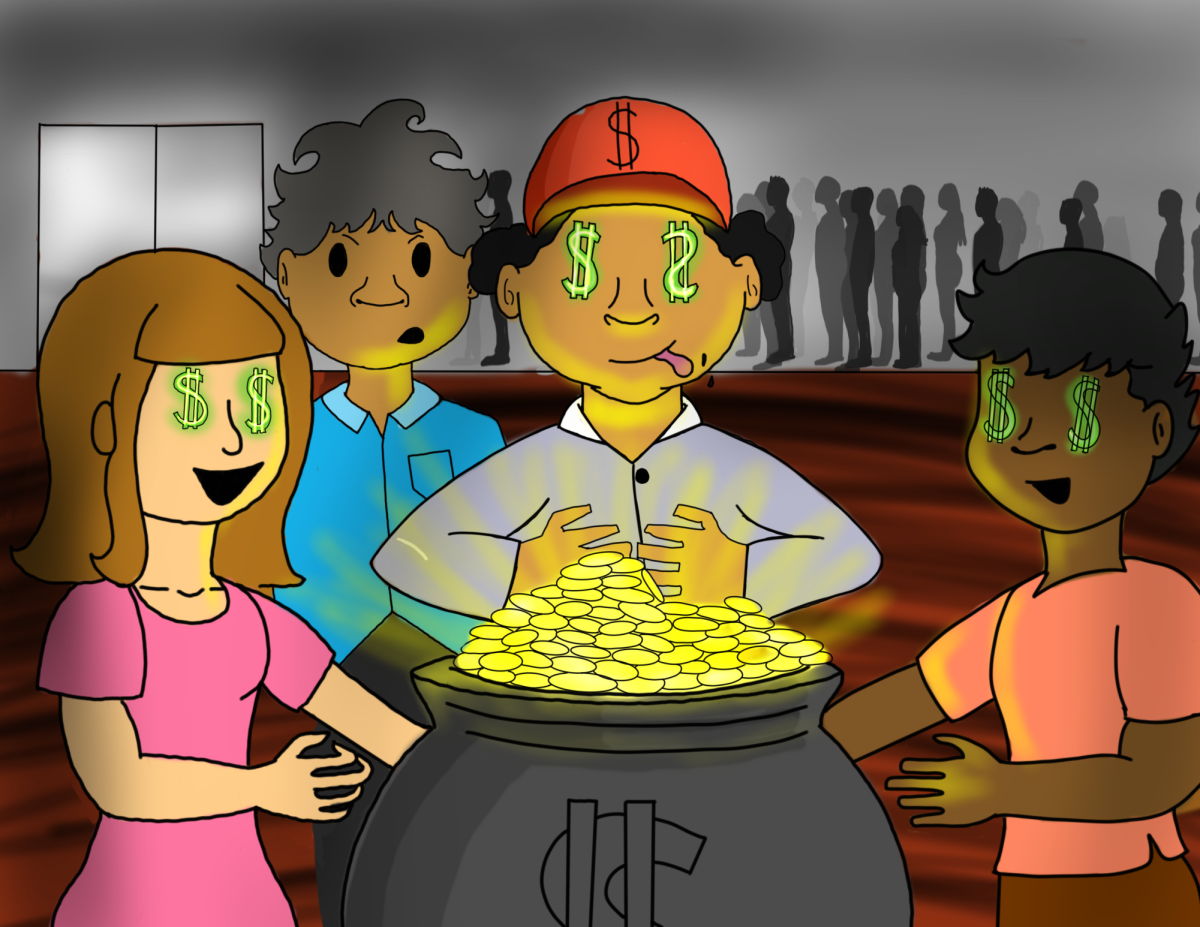Although the bullies of the Bush administration are out of office, according to Operation Safe Haven, the violence and the occupation in Iraq persists.
As a president whose campaign promise was “change,” President Barack Obama seeks to expand the empire to Afghanistan, despite the fact that the U.S. cannot afford it.
According to the organization Iraq Body Count, six years have passed since the invasion of Iraq and the overthrow of Saddam’s merciless Ba’athist regime, and it is by now evident that in this war the U.S., Iraq and coalition forces are suffering great losses.
The civilian death toll is at 1 million, according to Iraq Body Count, and the U.S. soldier death is approximately 4,200.
According to the Council on Foreign Relations, Iraq’s infrastructure remains unstable. Furthermore, according to Iraq Veterans Against War, the occupying U.S. military forces active-duty soldiers are serving continued and multiple deployments, often as many as four in a row.
The Iraq War has affected the domestic front as well. According to the American Psychological Association, there are now off-the-chart veteran suicide rates. There are more than 23 million military veterans, according to the U.S. Census Bureau, and a great number are suffering from psychological and physical problems including post-traumatic stress disorder and traumatic brain injuries.
George W. Bush inherited record budget surpluses when he entered the White House. Today, given the current economic recession, one cannot deny the fact that a major player in draining the country’s wealth was the war with Iraq, at more than $609 billion “officially.”
According to the National Priorities Project, California has spent $83.1 billion on the Iraq War, an amount that could have provided for 248,783 affordable housing units. The National Priorities Project reported in 2007 that 40 percent of tax dollars went to military spending.
Amnesty International reports that more than 500,000 civilian deaths are children, while others often suffer from untreated or inadequately treated infections, illnesses, malnutrition, and displacement.
Although Iraq Veterans Against War demands the immediate withdrawal of all troops, two-thirds of troops in Iraq are to be pulled out by 2012. President Obama has recently announced the deployment of 4,000 troops to Afghanistan in addition to the 17,000 deployed in Obama’s first military move.
If the occupation in Afghanistan and Iraq is going to persist, it would be a difficult mission. We have to ask ourselves this question now: Can an exhausted U.S. military persevere and succeed among the pervasive presence of the Sunni and Shia guerillas?
In Iraq and Afghanistan, militant organizing rejecting U.S. imperialism is strong, especially in Afghanistan, where the insurgency is said to be stronger than ever.
Additionally, the efforts of the U.S. and the U.S.-backed Iraqi government have not been adequate enough to stabilize the lives of Iraqis. For Iraqi youth, the war is “psychologically and socially affecting their concentration at school, their ability to trust others and to develop effective conflict resolution skills,” states a Unicef report. This issue has the label “militant recruits with a hatred for the U.S. wanted now” written all over it.
It’s time to protest and expel the military recruiters from schools, and although a wad of cash may be tempting enough to make one want to join the military, remember that when there are no soldiers to fight, there can be no war.



